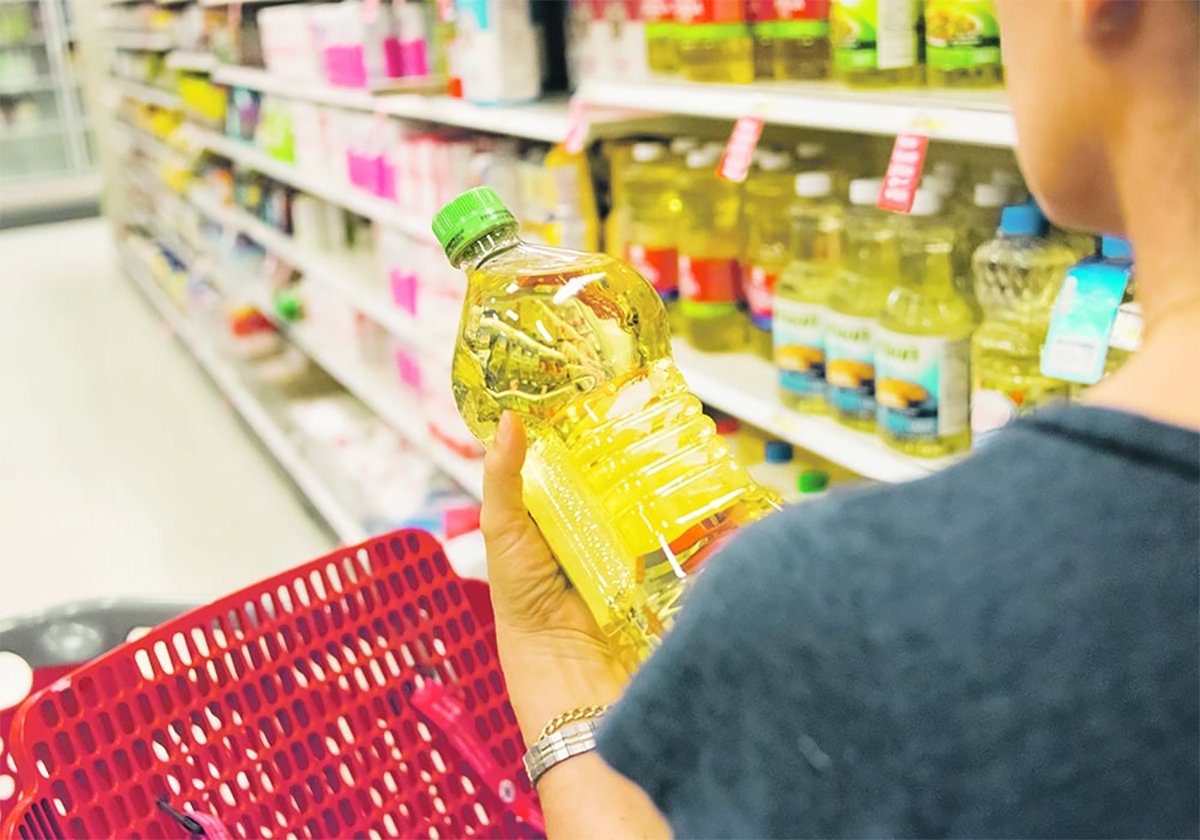While Canadian agriculture news headlines were dominated by troubles in cattle and ruminant trade with the United States last week, events in and associated with Brazil also had major implications for Canadian farmers.
Most Canadian oilseed producers know that the unexpected and welcome canola price rally in recent weeks was sparked by dryness in southern Brazil.
The influential oilseed analysis publication Oil World last week shaved five million tonnes from its South American production outlook to 98 million tonnes from 103 million. It said that if the dryness continued, it would have to cut the forecast again.
Read Also

Vegetable oil stocks are expected to tighten this year
Global vegetable oil stocks are forecast to tighten in the 2025-26 crop year, this should bode well for canola demand.
No rain fell over the weekend but forecasts were for moisture late this week, weakening soybean futures prices as this was written March 7.
Oilseed markets were also paying attention to news that soybean rust had survived the winter in Florida on weeds.
The rust blew up from Brazil last fall and it wasn’t known if it would survive the winter in the U.S. It has, meaning it has a domestic reservoir to spread from this year. This might prompt some growers in the southern U.S., where the threat is greatest, to avoid the crop this year, reducing American soybean acreage.
We’ll get our first indication of U.S. farmer thinking in the U.S. Department of Agriculture’s prospective planting report March 31.
Brazil was also in the news because the World Trade Organization appeals panel upheld a ruling made last September against U.S. cotton subsidies. Brazil launched the case, but it was supported by Canada, Australia and a host of other countries.
The ruling, although specifically related to cotton, opens to attack American subsidies also available to corn, soybeans and wheat, namely marketing loan payments and counter-cyclical payments that the WTO said distorted markets.
Analysts say similar programs in the EU would also be caught by the ruling.
The ruling does not require the U.S. to make immediate changes, but it gives Brazil and other developing countries more power in ongoing WTO negotiations to force the U.S. and EU to reduce their farm support programs.
Finally, Brazil appears to have fully committed itself to the pro GMO camp.
Last week, Brazil’s lower house of Congress handily passed a bill allowing farmers to buy and plant genetically altered seeds.
The bill was already passed by the upper House and is expected to be signed by president Luiz Inacio Lula da Silva.
To this point, GM seeds were banned, but many farmers ignored the law.
In the global debate on GM foods, this new law shifts Brazil’s prodigious weight toward the pro-GMO side. All major soybean exporters now allow the production of GM seed.
Also, by accepting the latest technology, Brazil, already a global agricultural competitor, has made itself even more formidable.
















